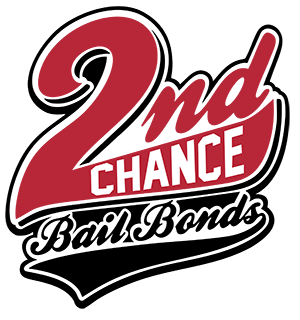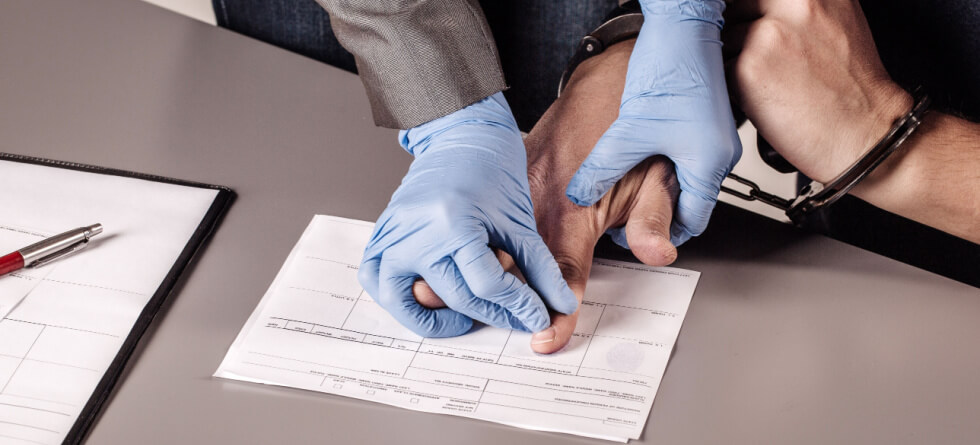There is no single income limit for legal aid as legal aid programs are typically administered by individual states, counties, or nonprofit organizations, and the eligibility criteria can vary depending on the program and the jurisdiction.
Legal aid programs are designed to provide legal assistance to individuals who cannot afford to hire a private attorney. To qualify for legal aid, an individual’s income and assets are usually considered, and the eligibility criteria may vary depending on the type of legal issue involved.
Some legal aid programs may use the federal poverty guidelines to determine eligibility. In 2021, the federal poverty guidelines set the income threshold for legal aid eligibility at an annual income of $12,880 for an individual and $26,500 for a family of four. However, the income limits and eligibility criteria for legal aid vary widely depending on the jurisdiction and the specific legal aid program.
Suppose you need legal assistance but cannot afford to hire a private attorney. In that case, you should contact a legal aid provider in your jurisdiction to learn more about the eligibility criteria and application process.






